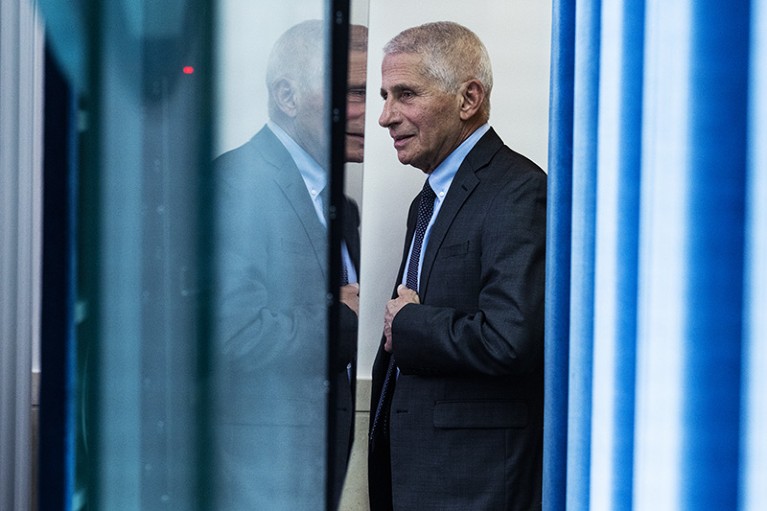
They call it “chemistry”, but falling in love isn’t a perfect science. It’s different for everyone and relies on all sorts of factors, from how physically attractive you find someone to whether you feel comfortable in their presence. Still, research has shed some light on what is happening in the brain when we do feel those first butterflies – and the amount of time it takes for people to fall in love.
A 2013 survey conducted by YouGov and dating site eHarmony found that the time taken from the first date to saying “I love you” differs between men and women. The average time for men to fall in love is 88 days, while those same feelings of true love take women 134 days. Another dating site, Elite Singles, did a poll in 2017 and found that 61 per cent of women believe in love at first sight, while 72 per cent of men do.
These surveys focused on heterosexual relationships. Other types of relationships have been comparatively understudied, though a 2000 study of 38 lesbians found that, on average, they declared their love or commitment to a partner after six months. A Match.com poll done in 2013 found that 65 per cent of gay men believe in love at first sight, while 60 per cent of lesbians do.
How does love affect the brain?
Neurologically speaking, the bonds we feel that we know as love are due to the hormones oxytocin and vasopressin, which activate the reward centre in our brain. These take a fraction of a second to reach the brain, and some studies have shown that just looking at a person you love can activate the same brain region that creates the feelings of euphoria associated with some drugs.
Advertisement
But those hormones don’t just kick in when you meet a potential love interest. You have to get to know them first. Psychologist Arthur Aron devised a set of questions that can accelerate this process and potentially help couples to fall in love quicker. Known as “the 36 questions that lead to love”, these require two people to be vulnerable and share life experiences, which can enhance intimacy and potentially lead to love. They aren’t quick questions, though, so it could take a while to get through them all.
With the rise of dating apps, particularly during the 2020 coronavirus pandemic lockdowns, people have been finding love without even being in the same place. A 2021 survey from dating app Bumble found that 67 per cent of people now believe it is possible to fall in love with someone you haven’t even met in person. So maybe the length of time it takes to fall in love is simply about how quickly you can respond to text messages.








